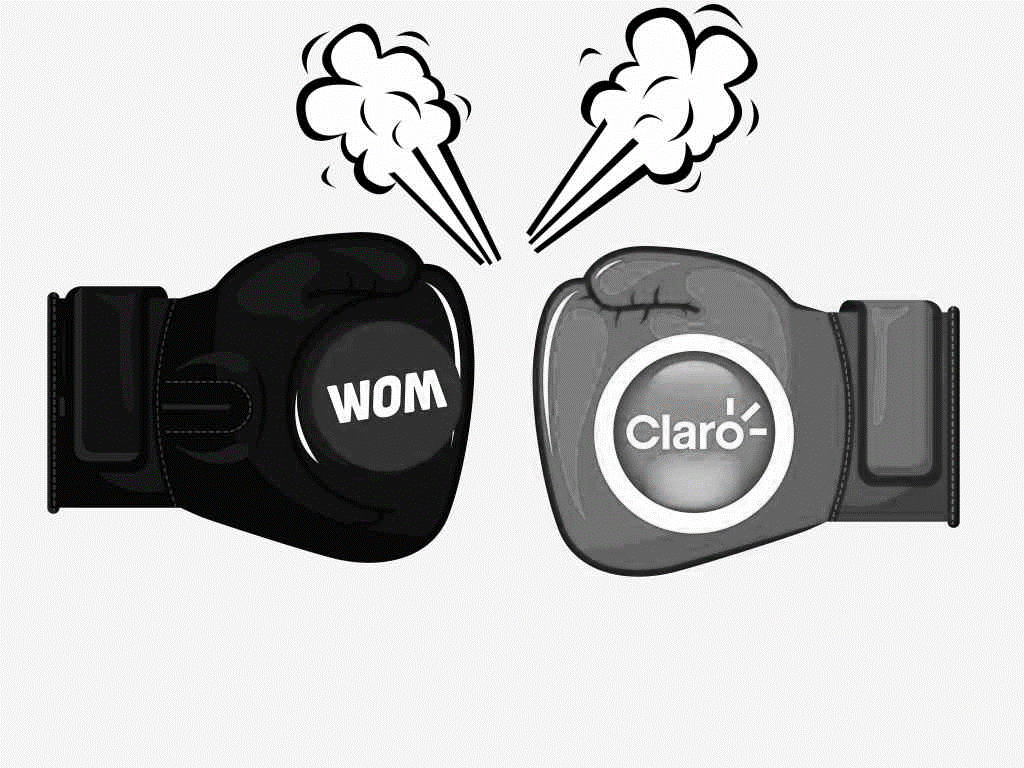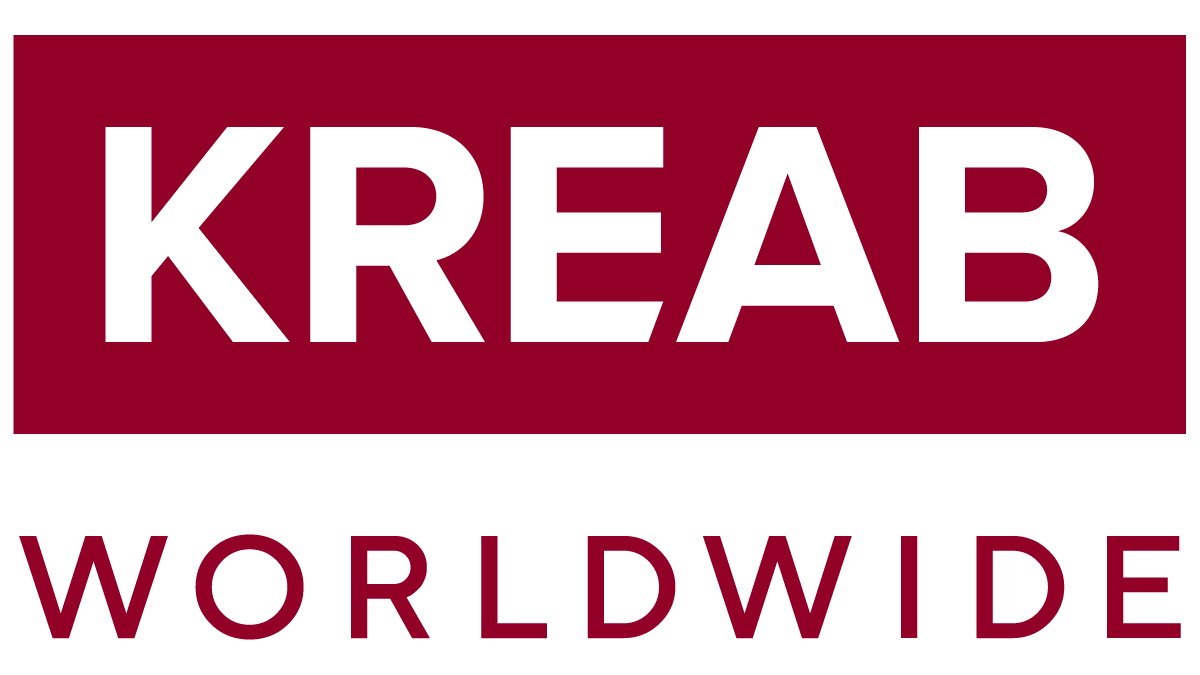
Tomado de Enter.co
04/01/2022
The Claro case and Wom a reputational crisis
On Thursday, December 9, 2021, the Wom company again made a public complaint against Claro, in which they claim that the operator has illegally restricted “the connection of the calls that Wom users make to Claro users. Under the #ClaroQueSiguenLosAbusos, the complaint was published on one of the pages of the edition of the newspaper El Tiempo and, later, the hashtag was spread on social networks.
Claro’s response was immediate. According to Semana, the legal vice president of the company in the country, Hilda María Pardo, affirmed that Wom is the one who has breached Colombian regulations, since “they are passing Avantel traffic to us through the interconnection we have with them.” Similarly, he assured that the complaints had already been filed with the Communications Regulation Commission (CRC), the Ministry of Communications and the Superintendency of Industry and Commerce (SIC).
Since 2020, Wom began to prepare its entry into the Colombian market, which officially began on April 5, 2021. For this, it entered into dialogues with the large mobile phone operators in Colombia (Claro, Tigo and Movistar) on the issue of interconnection. However, these dialogues did not flow as expected and resulted in stumbling blocks for the incipient company with the three operators, mainly with Claro. Wom denounced Claro’s delays in accepting the implementation of the interconnection between the two operators, to the point of going to the Communications Regulatory Commission (CRC) to resolve the problem.
But why is this situation so relevant? The answer is that a conflict handled in social networks and in legal instances has great repercussions on the reputational assets of the companies involved. First of all, it affects the trust of users in the services offered by the operator. Even when the company is not responsible for the allegations made by its counterpart, many citizens reproduce the versions they see on social networks or that they hear in the media, inducing many to believe and magnify such rumors.
This, in turn, can influence many customers to change operators, feeling insecure about the service they are receiving. This translates not only into a reputational blow, but also into an economic loss that is difficult to predict and control. In the specific case of Wom and Claro, it is estimated that 50% of the calls between the users of the two companies are being affected, which undeniably generates indisposition of many citizens who chose one of the two operators to access services telecommunication.
In line with this, the current regulations in force in Colombia in this matter must be taken into account, since all telecommunications operators are obliged to fully comply with them. Some of the most important provisions are mentioned in the table below:
| CORPORATION | NORM |
|
Ministry of Technologies Information and Communications |
Resolution 328 de 2020 |
| Resolution 329 de 2020 | |
| Resolution 330 de 2020 | |
|
Regulation Commission of Communications |
Resolution 6093 de 2020 |
| Resolution 6127 de 2020 | |
|
Congress of the Republic |
Law 1341 de 2009 |
| Law 1978 de 2019 |
If the allegations of one of the two companies are successful, which of these rules could be breached? In the case of Claro, Resolutions 328, 329 and 330 of 2020 of the Ministry of ICTs, which were approved and regulated the use of IMT bands by Wom. Similarly, Resolutions 6093 and 6127 of 2020 of the CRC, which gave Claro the parameters to implement the interconnection with Wom. Regarding Wom, who is accused of using his traffic and Avantel’s traffic indistinctly and illegally, the possible breach could be framed in Law 1341 of 2009, which is the one that regulates the organization of Information and Communication Technologies.
As can be seen, the dispute that Wom and Claro have had for more than a year represents a reputational, economic and legal risk for both operators. Faced with these crises, it is essential to analyze the situations from different angles and regulations as they allow the development of a comparative analysis that strengthens the arguments for the development of coherent actions that do not affect the reputation for which we work every day.
